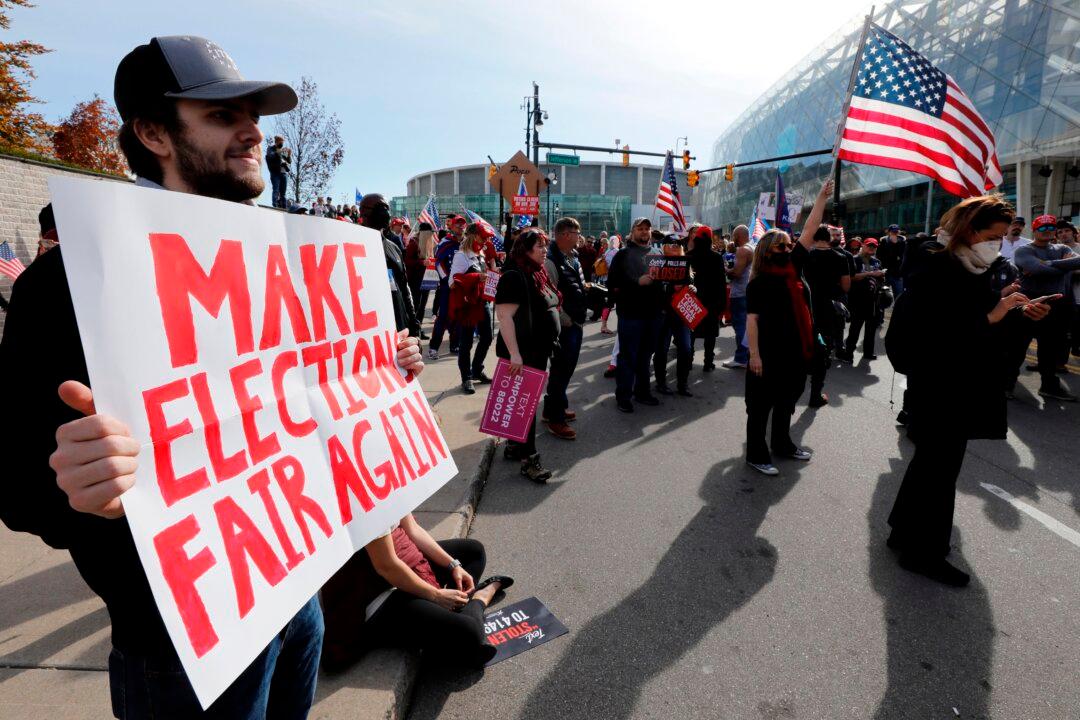Pressure is mounting for action concerning a 2020 incident in which Brianna Hawkins, an employee of GBI Strategies, a campaign services vendor, allegedly attempted to submit 12,500 new voter registration applications to the city clerk of Muskegon, Michigan, in the weeks leading up to the presidential election. Both Ms. Hawkins and GBI Strategies are named in an otherwise heavily redacted police report.
Dozens of the applications were quickly found to contain erroneous names, addresses, and signatures that appeared to be signed by the same person. The western Michigan community has a population of 38,000.





